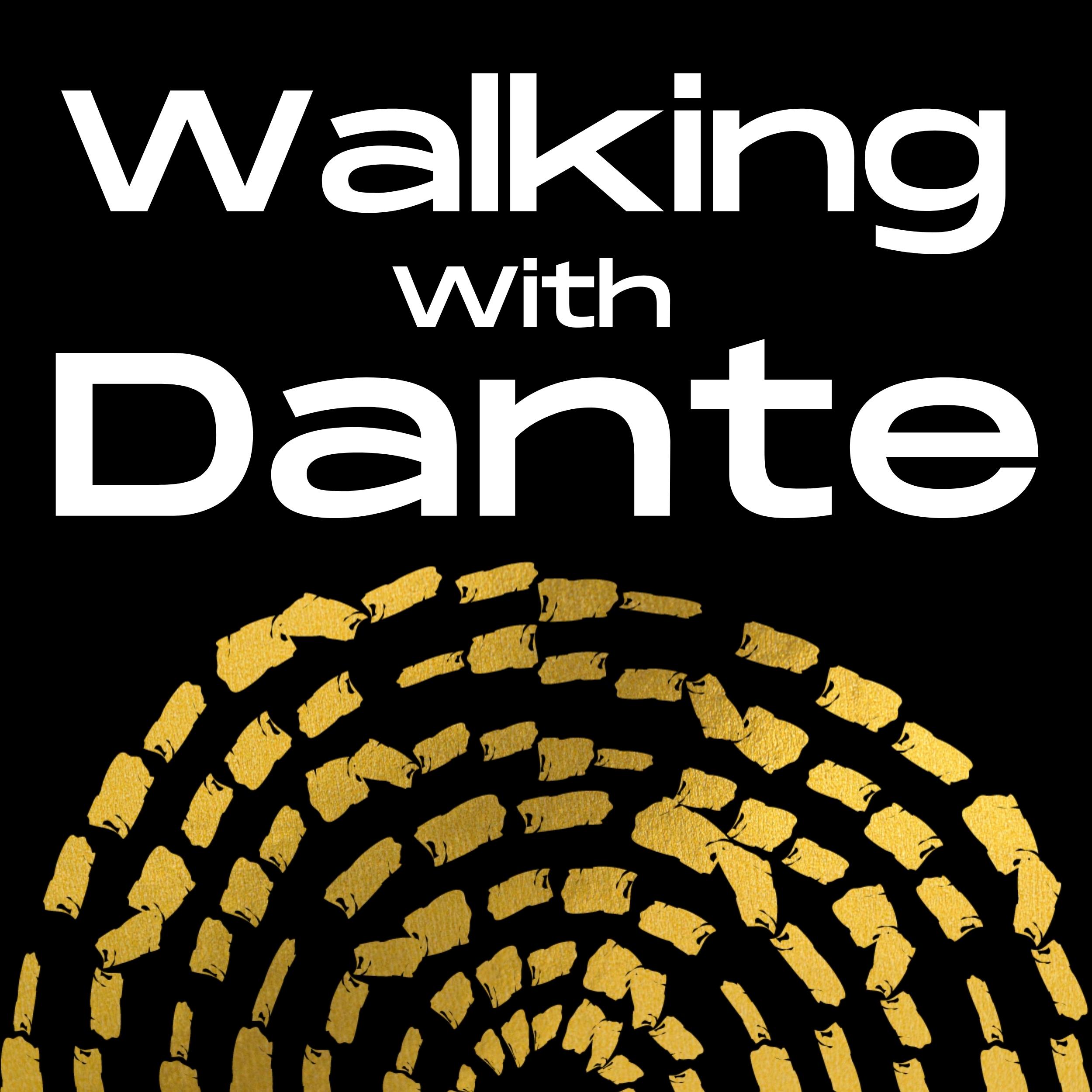Marco Of Lombardy Redux: Questions From PURGATORIO, Canto XVI, Lines 46 - 145
Description
We've finished Marco of Lombardy's central discourse about free will, the soul's maturation, and the systemic problems with the world. Now let's look back at the whole speech and talk through some of the larger issues it raises.
Join me, Mark Scarbrough, as we look at Marco's speech in PURGATORIO in its entirety.
If you'd like to donate to underwrite the many costs of this podcast, whether by a small monthly stipend or a one-time gift, please use this PayPal link right here.
Here are the segments for this episode of WALKING WITH DANTE:
[01:28] Rereading all of Marco of Lombardy's speech in my English translation: PURGATORIO, Canto XVI, lines 46 - 145. The separate passages of this speech can be found among the former episodes of this podcast.
[07:09] Why is Marco's speech so heavily cribbed?
[09:47] Why is Marco himself an opaque historical figure?
[13:01] Why does Marco's discourse move from personal space to metaphoric space and back to personal space?
[15:16] Is Marco's speech really theological?
[19:43] Who "convened" the laws and leader that Marco wants?
[22:52] Is the point of Marco's speech to give Dante permission to preach about corruption?
More Episodes
We've come to the middle of PURGATORIO . . . and indeed the middle of COMEDY as a whole. Let's take a breather and review where we've been in Purgatory since our very slow approach sometimes (or often?) causes us to privilege the trees over the forest.
Join me, Mark Scarbrough, as I walk you...
Published 11/20/24
Published 11/20/24
We come to the end of Virgil's (first) discourse on love, as well as the end of the central canto of PURGATORIO.
But it's a strange end since Virgil admits to what he doesn't know. Having been so certain about how human behavior operates, he concludes by telling Dante the pilgrim he's on his own...
Published 11/17/24


